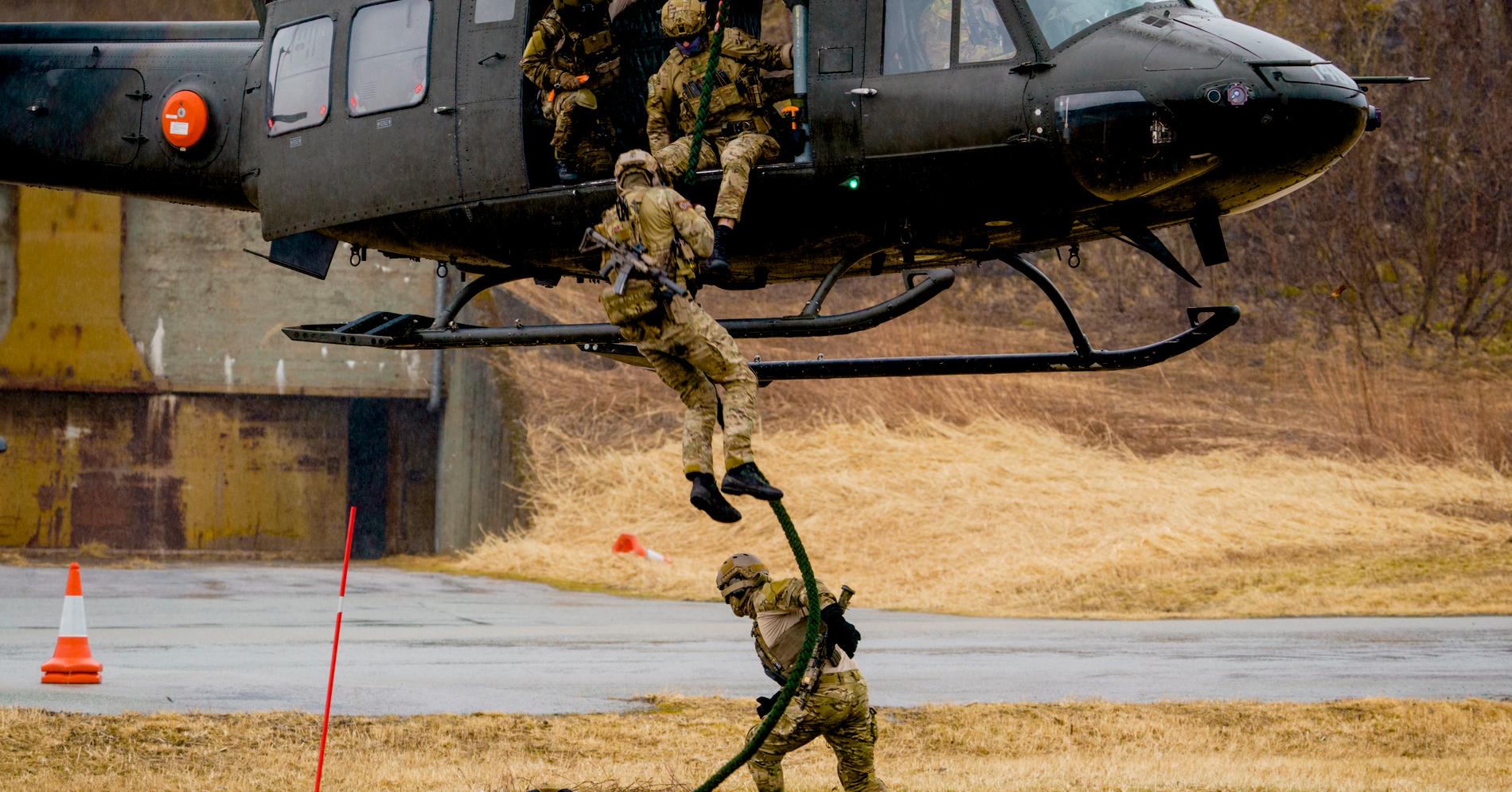The United Nations General Assembly condemned Wednesday 12 October 2022 by a majority overwhelming
the illegal annexes
of the Ukrainian territories and sent according to the President of the United States Joe Biden a clear message
In moscow.
The General Assembly of 193 member states, which met in emergency since Monday, adopted this resolution with 143 votes in favor, against five countries against and 35 abstentions, including China, India, Pakistan and South Africa. United States United States.
143 nations stood on the side of freedom, sovereignty and territorial integrity
The US president said in a statement, stating that Russia could not do not erase a sovereign state from the map
.
Follow our live broadcast on Thursday 13 October 2022 dedicated to the war in Ukraine and its consequences
“I am grateful to the 143 states that have supported this historic resolution”tweeted Ukrainian President Volodymyr Zelensky with an image showing the result of the vote.
Five states voted against, thirty-five abstained
The five states that voted against are, of course, Russia, Belarus, Syria, North Korea and Nicaragua. Thirty-five states abstained, including China and India.
Compared to a March vote condemning the invasion of Ukraine, support for Russia has eroded slightly, with two more votes against Moscow.
Bangladesh, Iraq and Senegal, which abstained in March, this time voted to condemn Russia.
Eritrea, which rejected the resolution in March, abstained this time.
Nicaragua, the subject of increasing criticism from the international community on the subject of human rights, has taken the opposite path, since it abstained in March and this time refused to condemn Moscow.
Vladimir Putin Island
With this text, co-written by the European Union and presented by Ukraine, the West, led by Washington, intended to demonstrate that President Vladimir Putin was isolated
on the international stage, seven months after the outbreak of the war in Ukraine.
The head of US diplomacy Antony Blinken had previously welcomed in a press release to see an overwhelming majority of nations together with Ukraine, in defense of the UN Charter and resolute opposition to Russia’s war against Ukraine and its people
.
Before the vote, her UN ambassador Linda Thomas-Greenfield had urged as many countries as possible not to abstain: Today Russia invades Ukraine. But tomorrow another nation’s territory could be breached. It might be you. You could be next
country, launched the diplomat on the podium of the United Nations.
His French counterpart Nicolas de Rivière added: By invading its neighbor, Russia has decided to pave the way for more wars of annexation. What is happening in Europe today could happen elsewhere tomorrow: in Asia, Africa, Latin America
.
And for the British Barbara Woodward, Russia has failed on the battlefield and at the UN. […] Russia has isolated itself. […] Now we have to stop the war
.
What does this resolution say?
The resolution condemns the attempts at illegal annexation
of the Ukrainian regions of Donetsk, Lugansk, Zaporizhia and Kherson later alleged illegal referendums
and points out that these actions do not have no validity
according to international law.
The text also asks that no state recognize these annexations and calls for the immediate withdrawal of Russian troops from Ukraine who entered on February 24.
The Ella calls on the Russian Federation to immediately and unconditionally revoke its decision of 29 September
on the integration of the Ukrainian regions into Russia. These annexes constitute a violation of the territorial integrity and sovereignty of Ukraine
.
On September 30, Moscow used its veto to block the same Security Council resolution that condemns the annexations in Ukraine. Aside from the Russian veto, the text had received 10 votes out of 15 Council members. China, India, Brazil and Gabon had abstained and the West had already touted evidence of Russia’s isolation.
Russia tried to silence the Security Council, but could not silence the UN General Assembly
EU Ambassador to the United Nations Olof Skoog told reporters after the vote.


